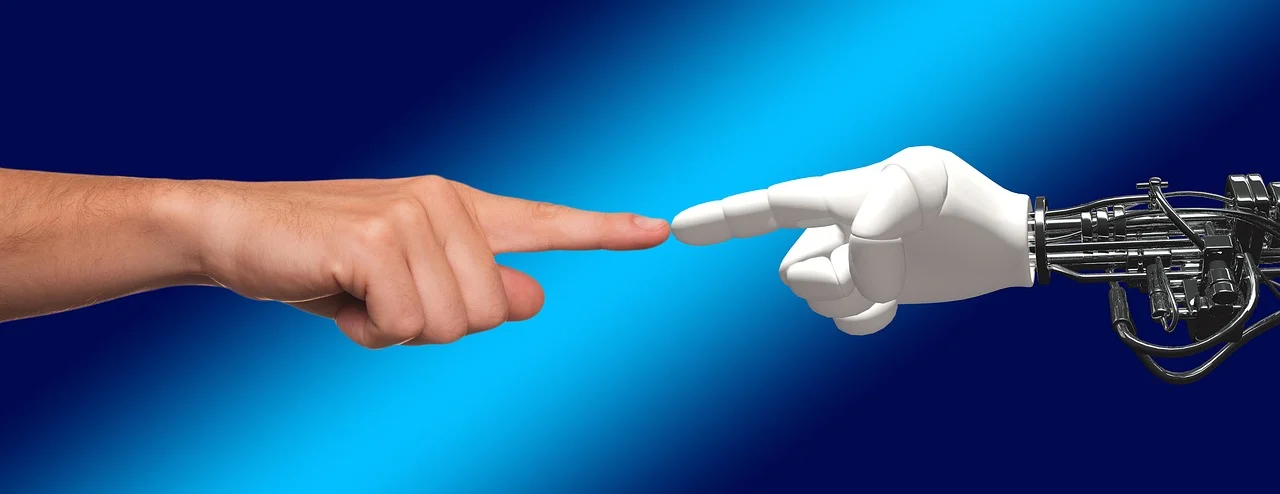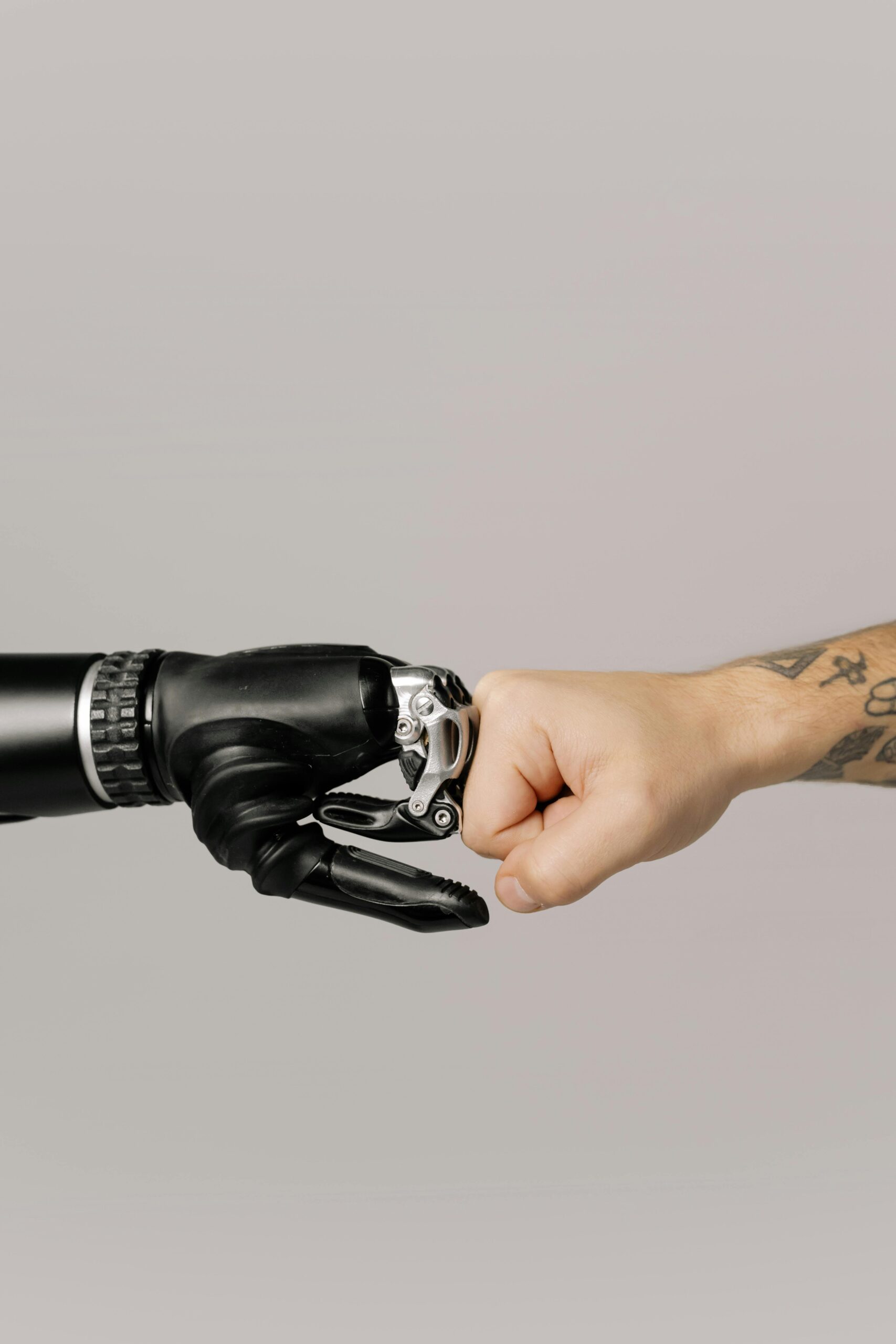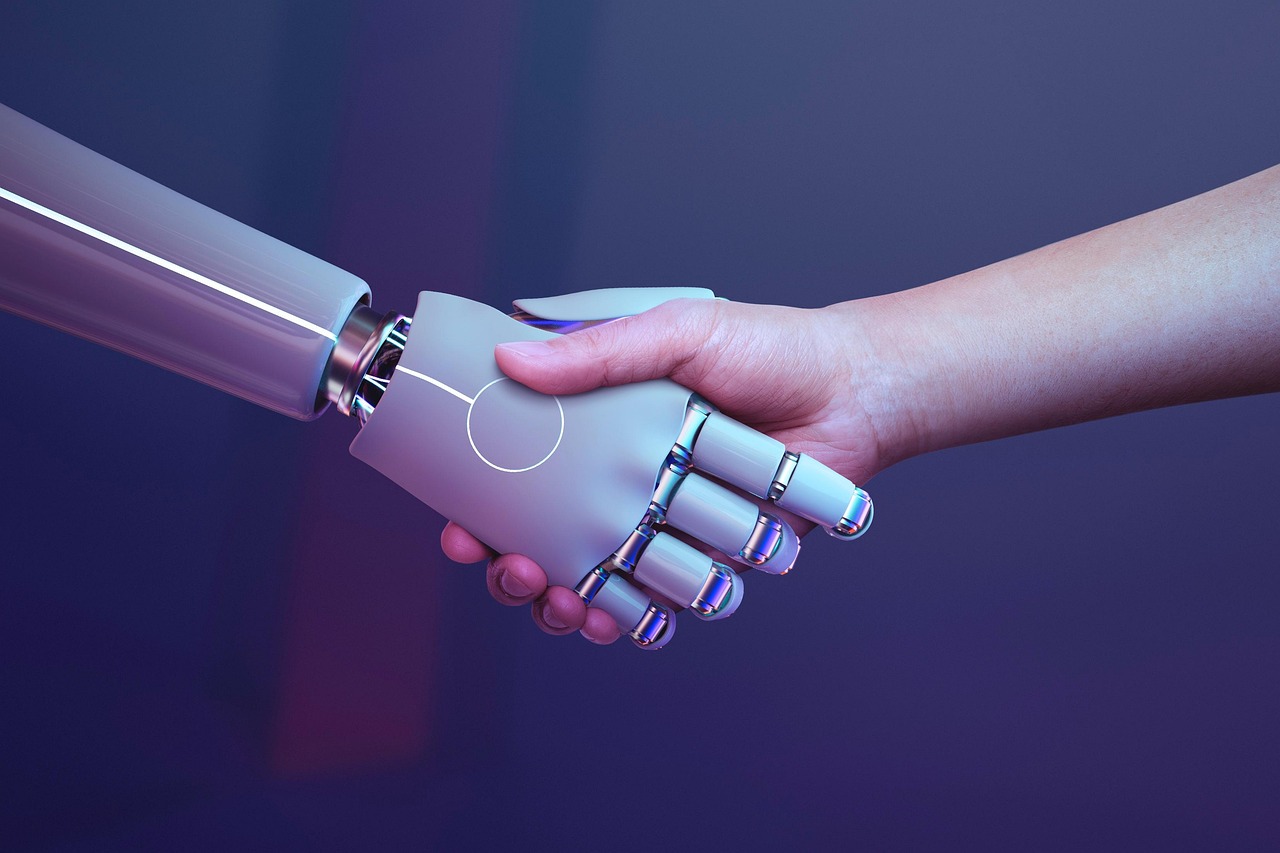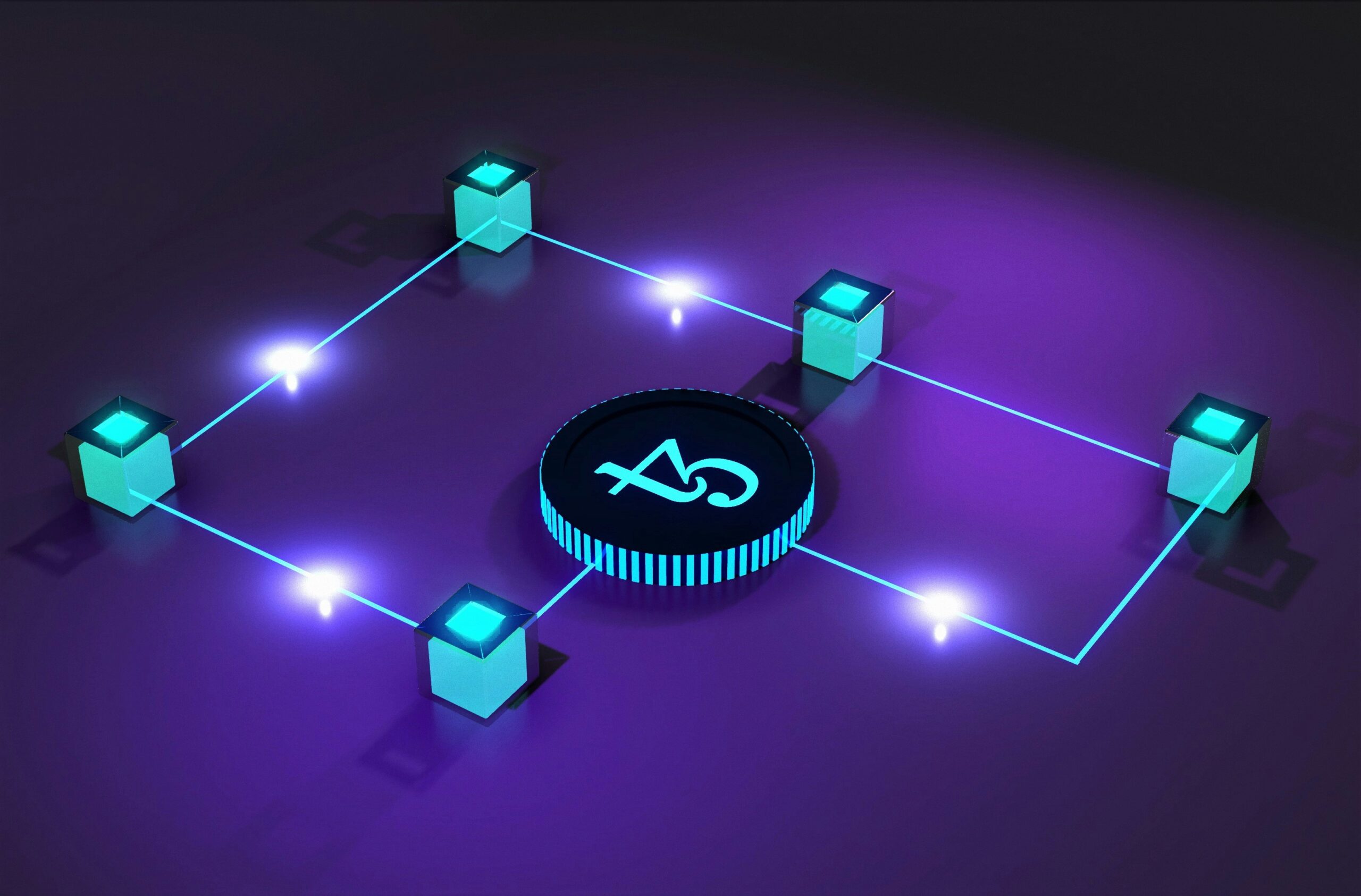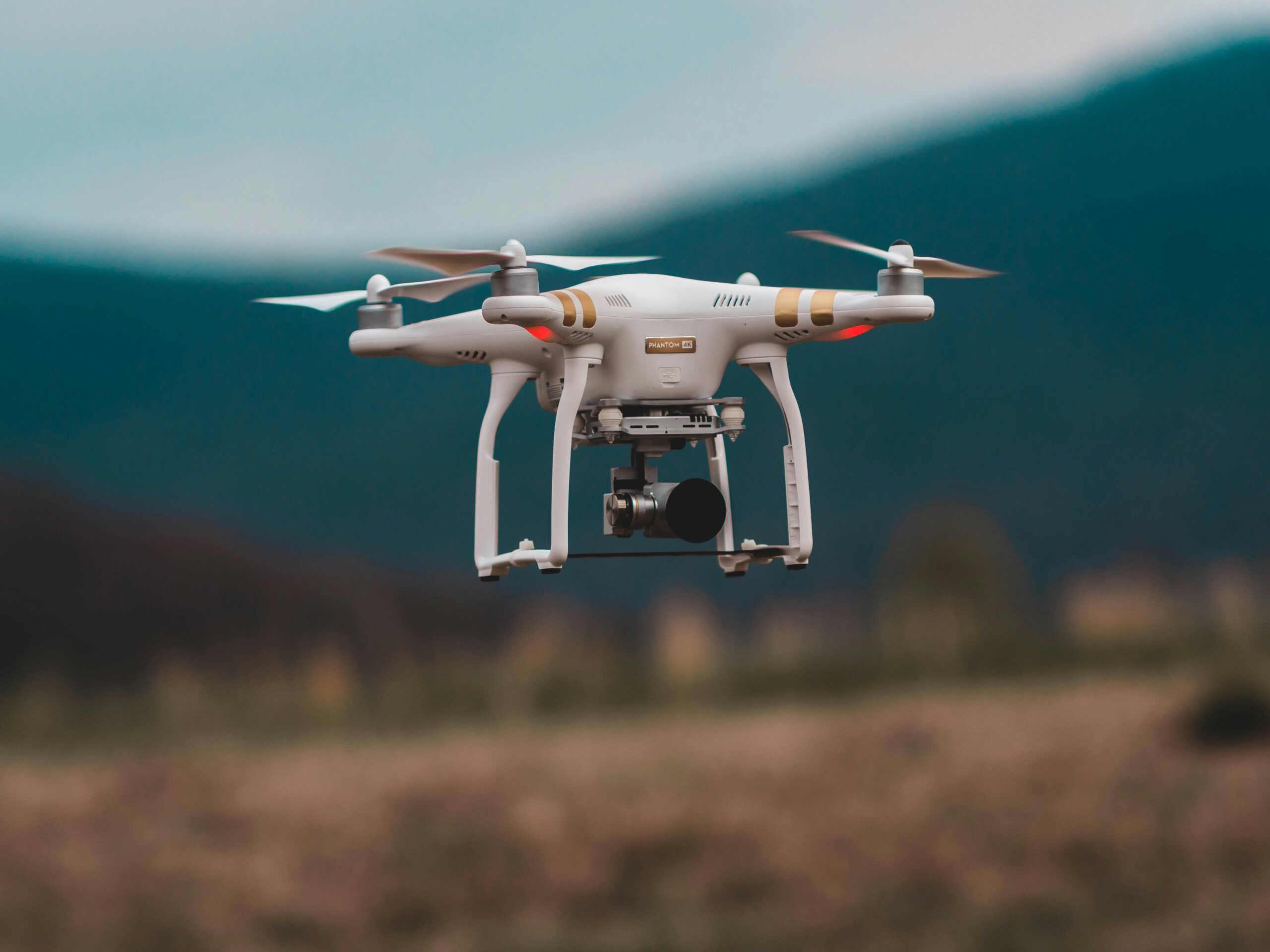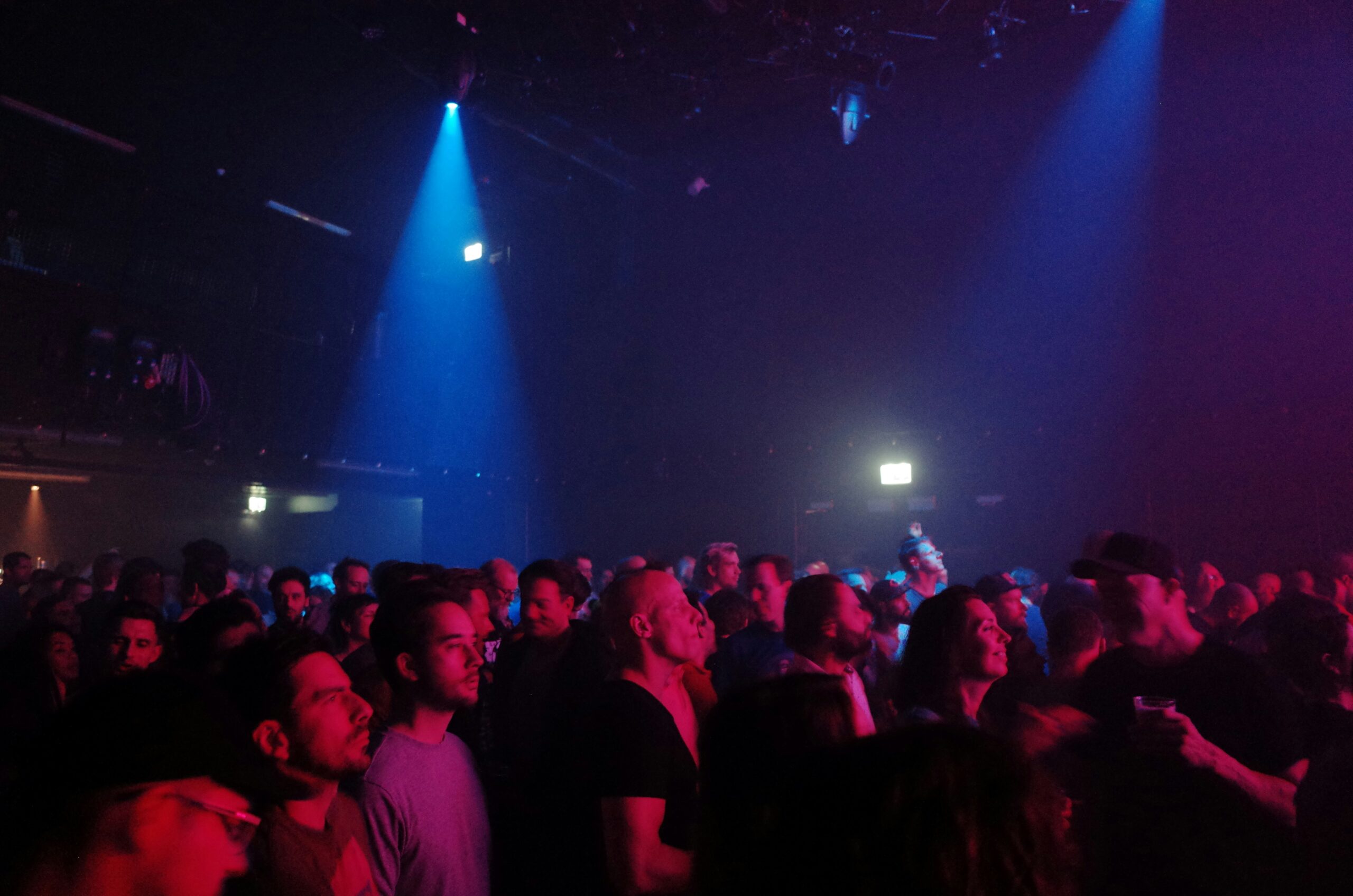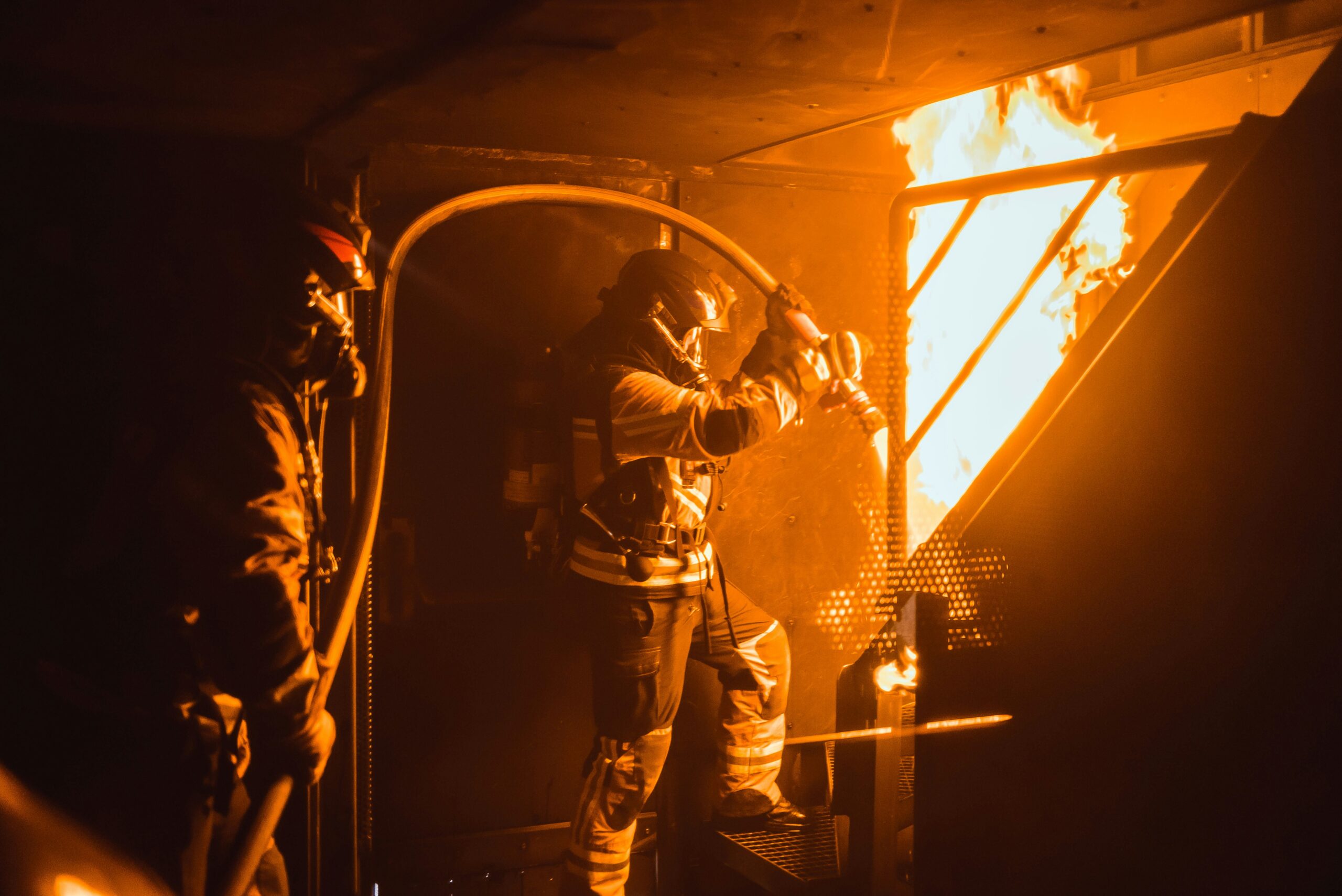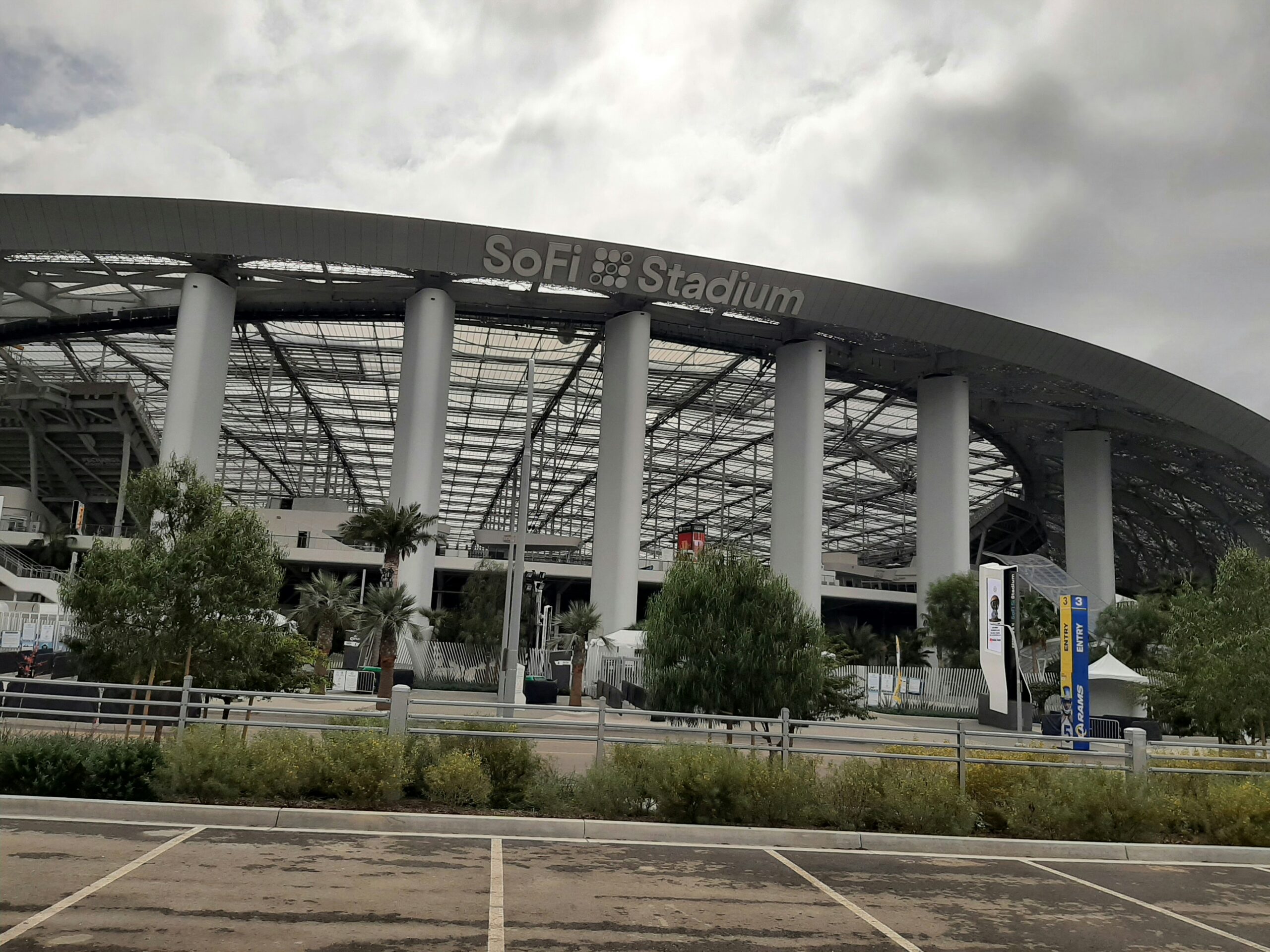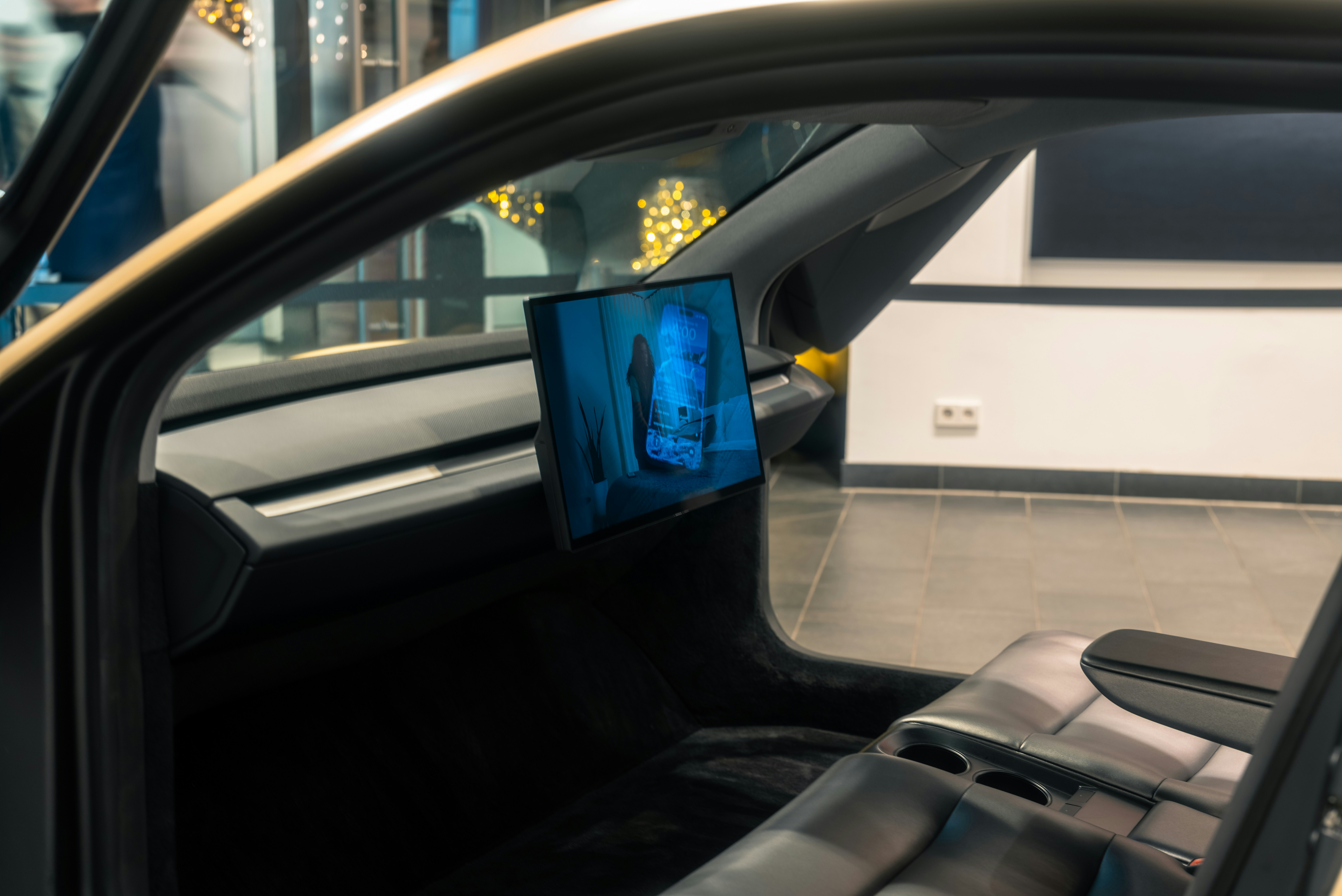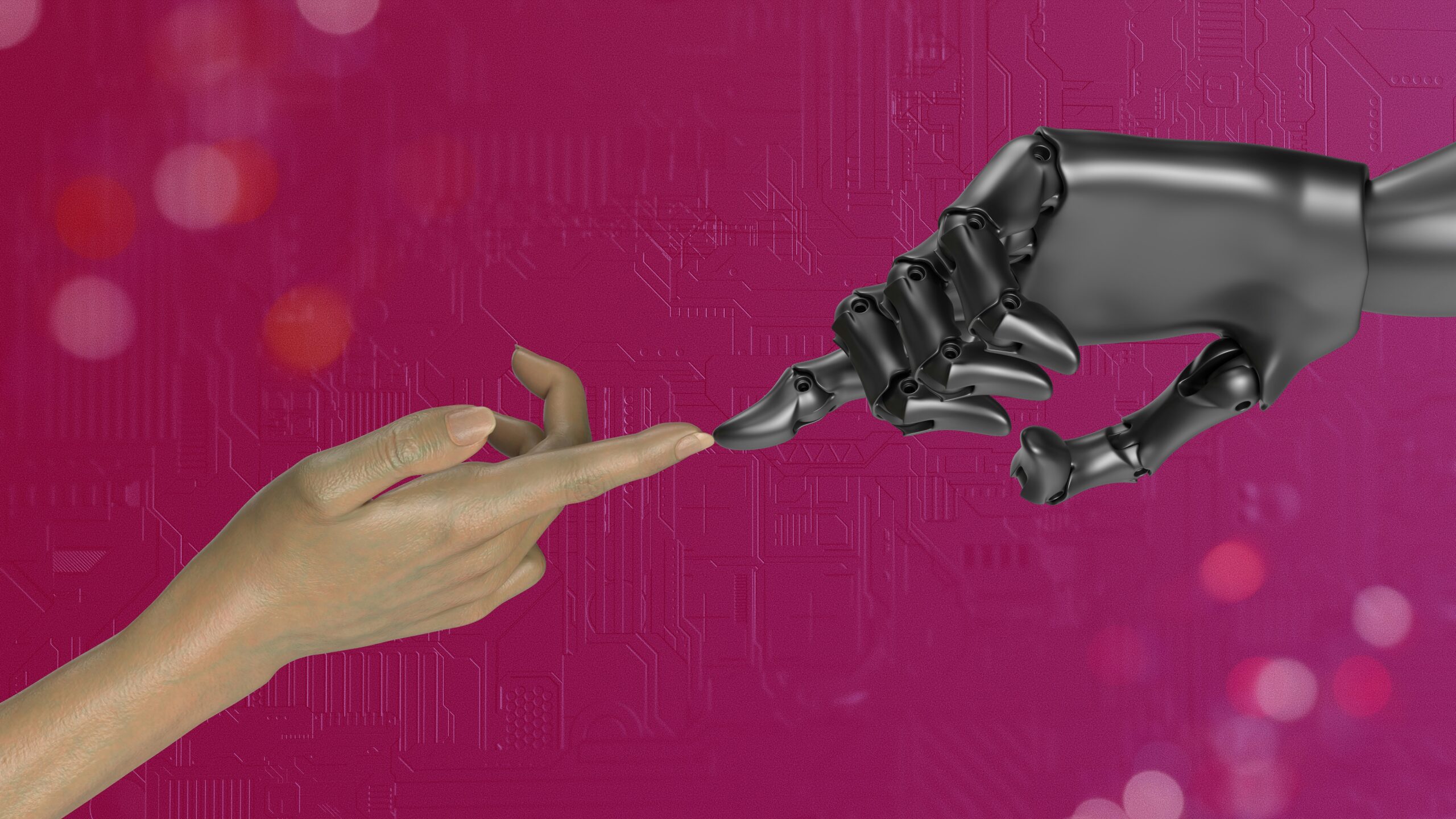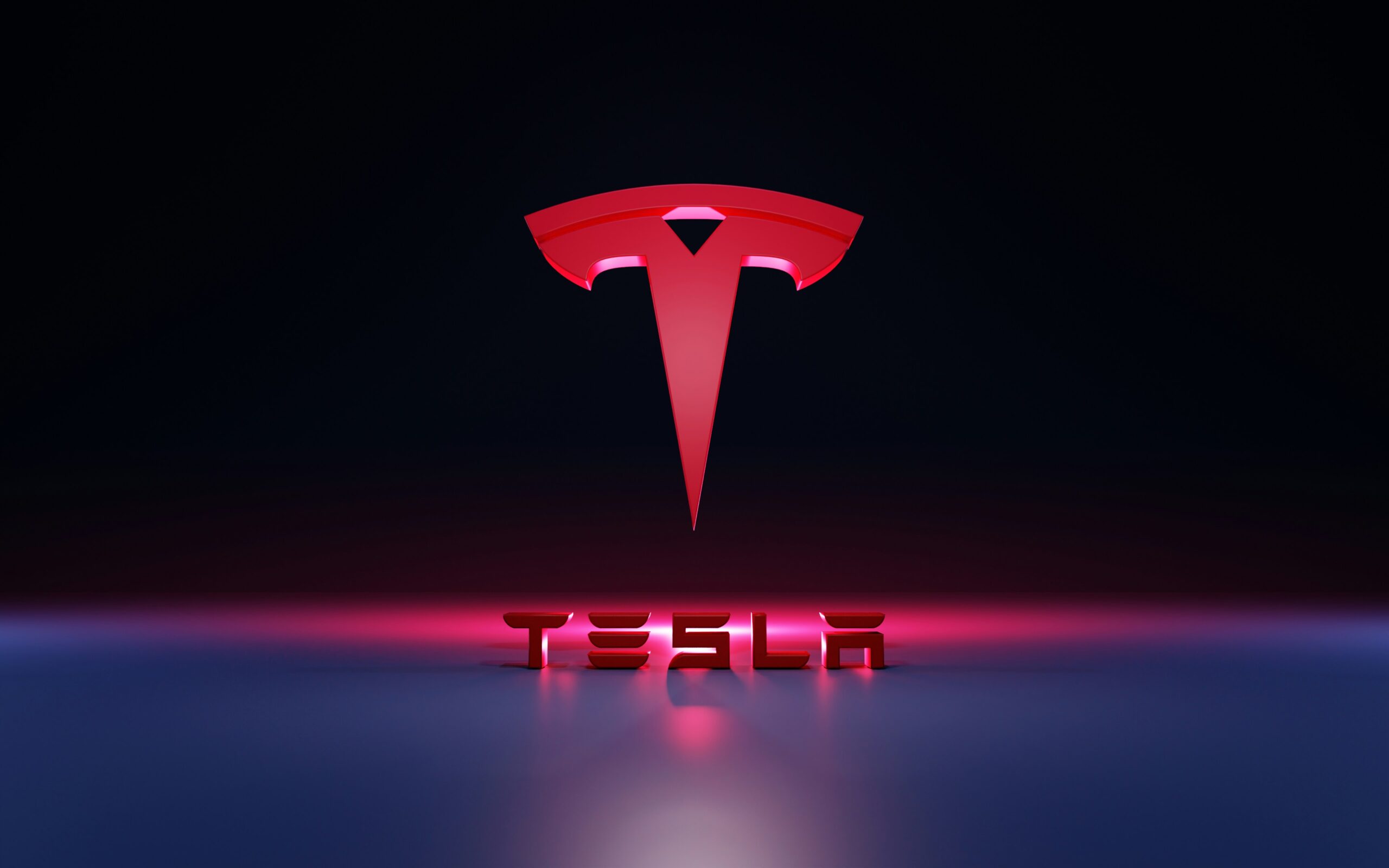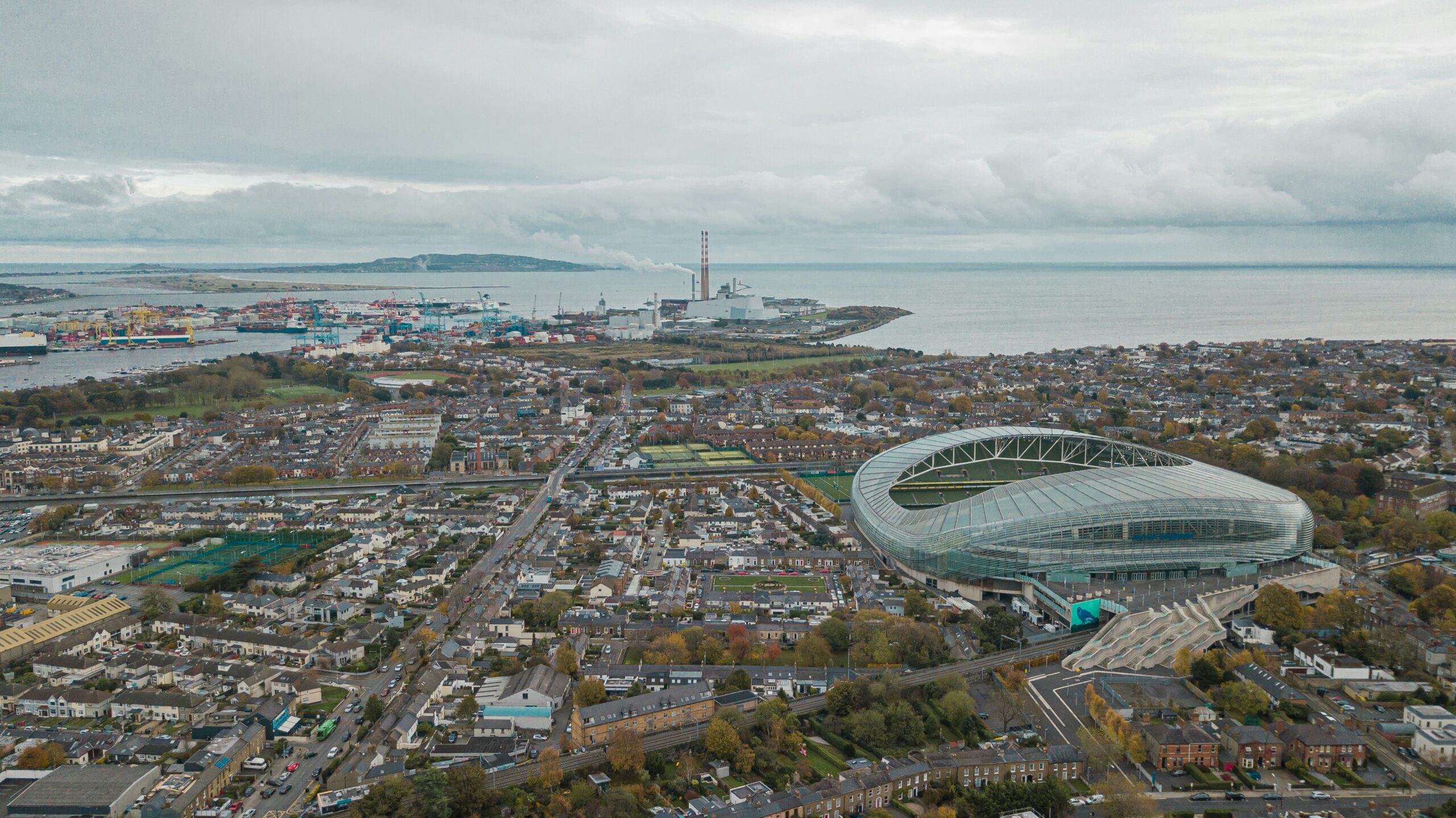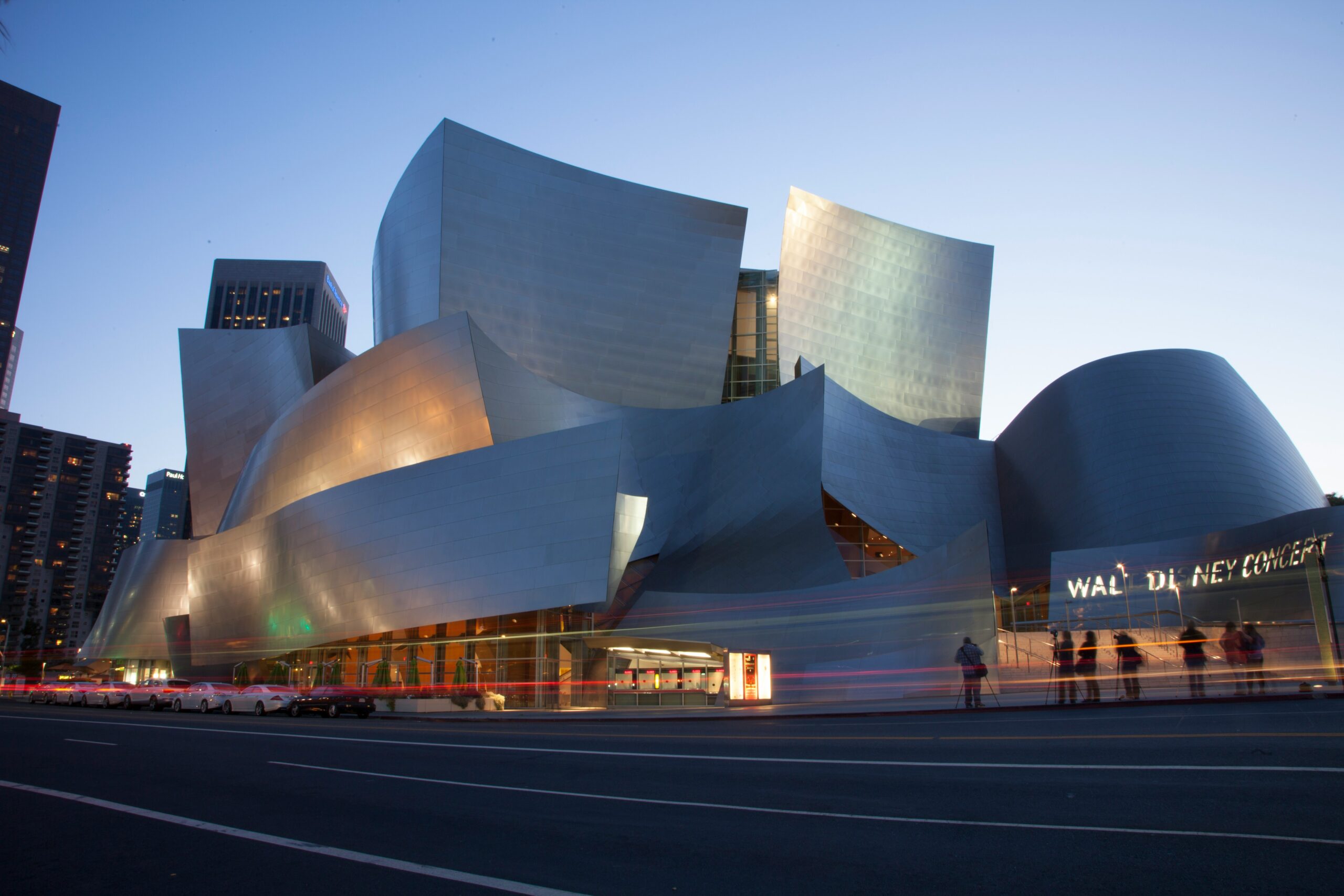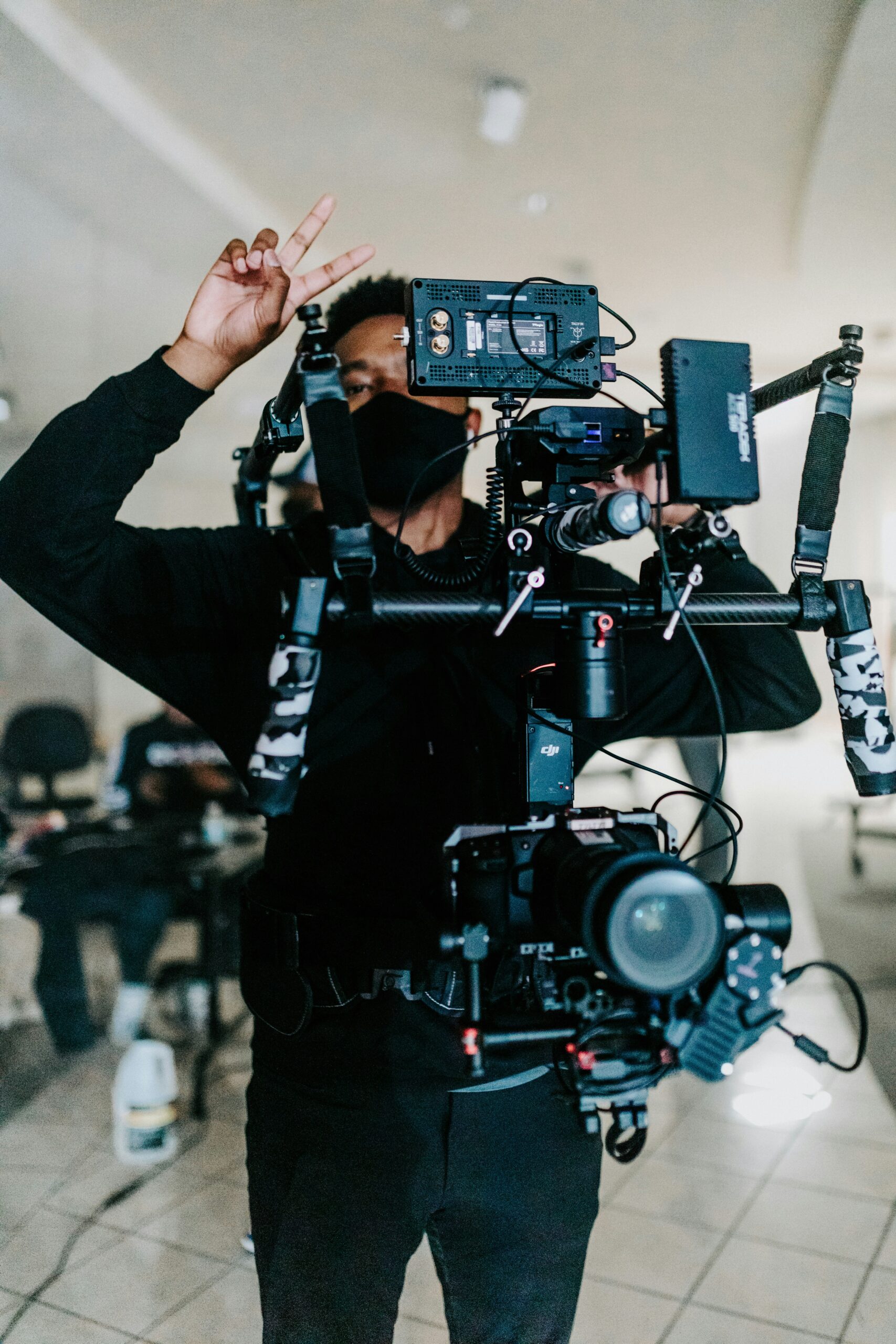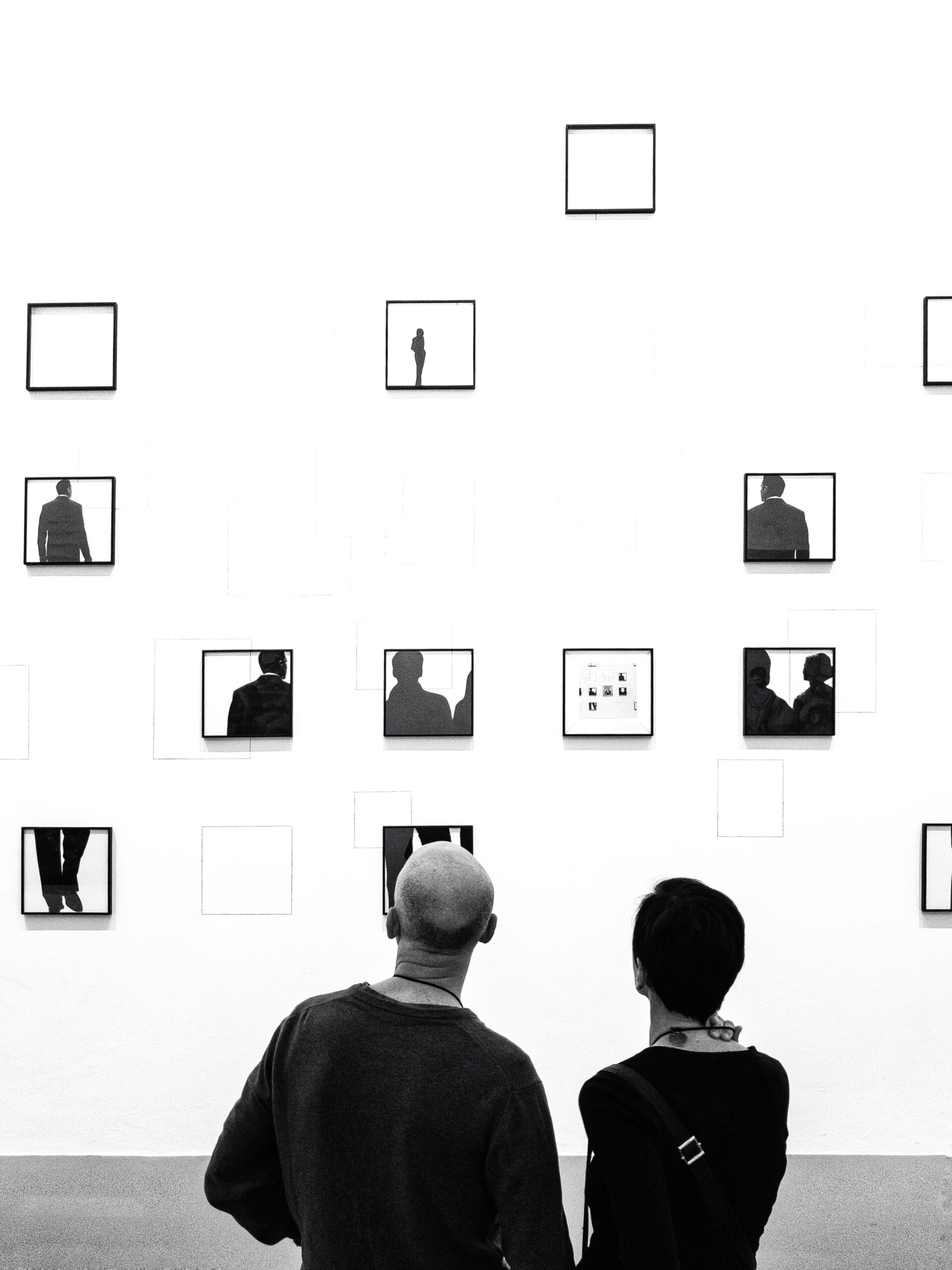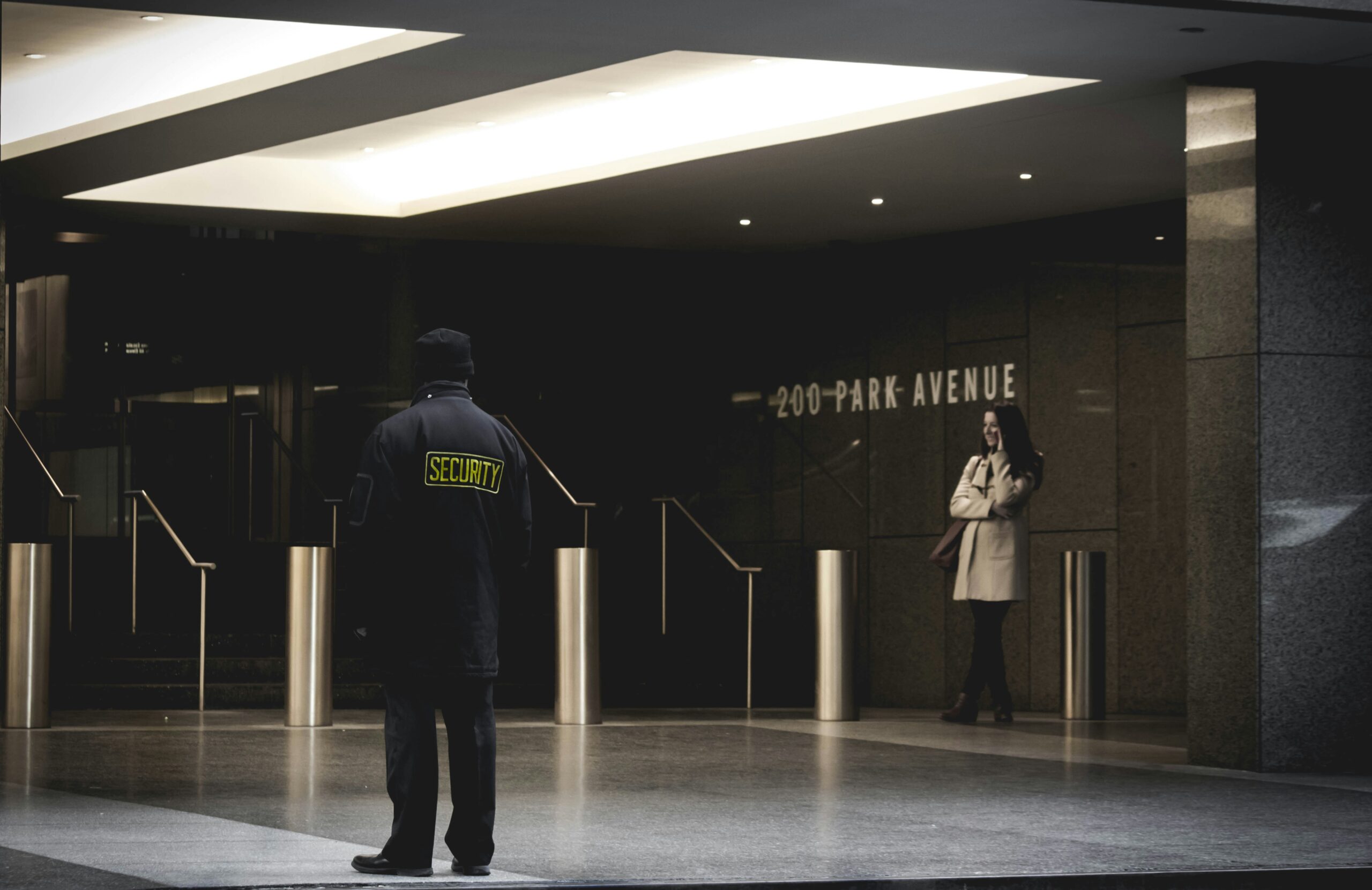Image Credit: Pexels
Artificial intelligence has already conquered the spreadsheet. Now it is setting its sights on the org chart. Yet for every headline warning that “middle management is dead,” there is a quieter revolution unfolding inside real companies, where AI is not eliminating leaders so much as redefining them. Across industries, the message is clear: automation may run your reports, but only humans can run the room.
When Machines Handle the Mundane
At Chirp, General Manager Reece Stojanovic has seen automation liberate creativity firsthand. His creator-economy platform connects brands and influencers through AI, turning once-manual outreach into seamless partnerships. That transformation, he says, mirrors what is happening in corporate management.
“AI doesn’t replace leaders; it removes repetitive process work so that they can spend more time on things like strategy, coaching, and innovation,” Stojanovic explains.
Automation only works if humans remain at the center. Algorithms can match brands and creators, but “creators still need the freedom to tell their story in an authentic way,” Stojanovic says. The same applies to managers interpreting AI-generated insights. “Their value will really come from judgment, from coaching, from empowering teams, things that AI can’t replicate,” he adds.
Stojanovic’s optimism is not naive. He acknowledges the temptation to crown a few “supermanagers” amplified by AI. But he warns against over-centralizing power. “Over-consolidating risks losing diversity of thought and mentorship opportunities. The healthiest organizations will use AI to raise the bar across management, not just crown a few supermanagers,” he says.
The smartest manager in the room may soon be the one who asks the machine better questions.
The Operator’s Mindset
For Ashley Moser, co-founder and CCO of MelodyArc, the future of management looks less like replacement and more like augmentation. Her company builds agentic systems that manage complex workflows inside enterprises. But she insists the fundamentals of leadership have not changed.
“Managers are really good at marshalling their resources to accomplish a goal. I see AI as a part of their tool belt, not a replacement for it,” she says.
Moser’s experience running frontline teams at Amazon and Walmart taught her the limits of pure automation. “Every time we implemented a new technology, we still needed people,” she notes. A thousand-dollar refund may be technically automatable, but, she argues, “you want one of your trained people to double-check before it hits your P&L.” She sees AI not as a binary but as a spectrum. “There are a lot of things people are doing that are repetitive and can be helped with AI. But you still need their judgment within that process.”
For Moser, the greatest risk is not overreliance on AI but under-adoption. “Maybe it is the opposite,” she says. “People are really eager to get this working, but getting it into production in complex organizations is the real challenge.” In her view, success lies in managers learning to operate the operators, treating AI as an ally that scales their decision-making without dulling their instincts.
The Great Flattening
If Moser and Stojanovic are focused on balance, David Brudenell is charting a more radical trajectory. The executive director of Decidr describes an epochal shift he calls the Great Flattening, which is the collapse of traditional corporate hierarchies as AI democratizes access to knowledge.
“The future is already here. It is just evenly distributed now,” Brudenell says, echoing William Gibson’s line.
For decades, information asymmetry powered the corporate ladder. Today, he says, “a 13-year-old can vibe-code and create a Salesforce clone more easily than a boomer sitting on a board.” In that sense, “hierarchy doesn’t really matter anymore because the same technology is accessible to everyone.”
Brudenell believes the notion of climbing the ladder is giving way to what he calls career rockets. “Everyone has a superpower,” he says. “AI lets you distribute that massively. There can be ten thousand Christys, one hundred thousand Christys,” referencing a standout customer-service professional whose approach his team codified into an AI agent.
But even for a tech optimist, Brudenell tempers his vision with pragmatism. “Businesses need deterministic outcomes,” he explains. “Generative AI is probabilistic. Every chat you send is a hallucination. Companies cannot afford workflows that are only thirty-six percent reliable after twenty steps.” His solution is a hybrid system combining AI efficiency with human oversight, a flattened world that still remains grounded in accountability.
People Over Processes
Few leaders embody that human-centric philosophy better than Alli Trussell, SVP of People at Bilt Rewards.
Bilt integrates AI into performance reviews not to judge employees but to reveal their resourcefulness. “AI hasn’t changed what we look for in performance,” Trussell says. “It has just made us sharper.”
The key is not measurement but amplification. “If you have this amazing thought partner who can analyze data one hundred times faster than you, why wouldn’t you use it?” Trussell argues. She emphasizes that AI does not eliminate middle management, but refines it. “I don’t know anybody who got into middle management to complete performance reviews. AI takes the admin off their plate so they can focus on what actually moves the needle.”
That shift lets Trussell’s team prioritize qualities like empathy, storytelling, and cultural influence over pure organization. “We can be more selective,” she says. “If we choose better middle managers, we will have better performers under them. AI is a real enabler of that.”
Still, there are limits to what machines can mimic. “Humans are wildly unpredictable. AI can plan ninety conversations in a day, but three will still go completely sideways.”
Her coaching now centers on vision, simplification, and empathy, the traits she believes define leadership in the AI era. She adds that AI helps people scale knowledge, but that humans still have to be the one doing the teaching.
Beyond Automation: The Rise of the Cognitive Manager
Nita Laad, CEO of Nexia, represents the vanguard of AI-native leadership. Her platform uses AI to automate the heavy reporting burden that often buries product managers. The result is an entirely new managerial species, the cognitive leader.
“You’re not going to be replaced by AI,” Laad says, “but you will be replaced by the human who knows how to leverage it.”
Laad’s own MVP was coded in days rather than months. That acceleration, she says, redefines the manager’s value proposition. “Technology offloads the administrative. It forces humans to step up, to drive cross-functional alignment, revenue, and strategy,” she explains.
Her observations mirror those of big-tech shifts. “We’re already seeing middle-management layers flatten in enterprises. A previous span of control of eight is becoming twelve or sixteen,” she notes.
But the qualities prizes most like empathy, negotiation, and mentorship remain untouched. According to Laad, a machine cannot understand emotion or body language, and a person cannot assign accountability to software. The human still owns the outcome.
The next essential skill is AI fluency: knowing how to integrate, question, and govern intelligent systems. “We are entering a phase where every leader will need to manage machines the way they manage people,” she predicts. “That is the new literacy.”
The Future Manager: Translator, Not Taskmaster
What unites these voices, from the startup founder to the enterprise veteran, is an insistence that the essence of leadership endures. AI may rewrite job descriptions, but not the fundamental purpose of management: to translate complexity into clarity.
Reece Stojanovic calls this “AI enabling humans to be more human at work.” Ashley Moser calls it “executing faster without losing nuance.” David Brudenell calls it “democratizing superpowers.” Alli Trussell calls it “removing the drudgery so people can lead better.” Nita Laad calls it “elevating the cognitive bar.”
The titles differ, but the subtext is the same: in the age of intelligent systems, leadership becomes less about control and more about curation. The best managers of tomorrow will be part technologist, part psychologist, and part philosopher, able to translate between what data says and what people need.
If AI truly is the new middle manager, then perhaps that is not a threat at all. It is a promotion for everyone who knows how to lead it.










